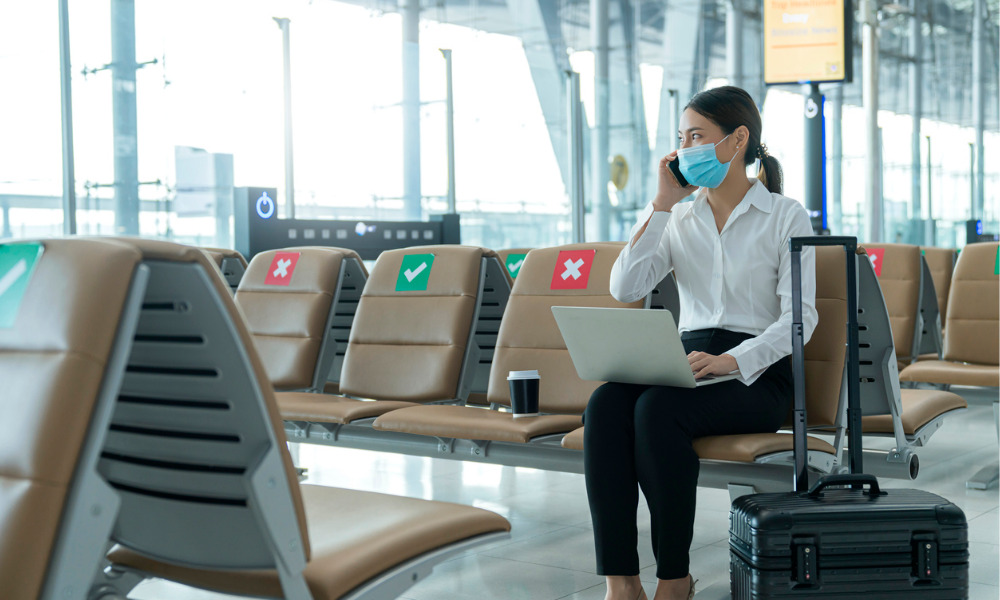Employers putting more effort into supporting travellers with EAPs, wellbeing benefits

Employers are looking a bit more optimistic when it comes to international travel, according to a survey.
After reducing international assignments this year, more than three in 10 (31 per cent) multinational employers are planning to do the same number of assignments in the next year, says Willis Towers Watson.
In contrast, only 15 per cent are planning a reduction.
“The pandemic has caused immense challenges for multinational organizations around international mobility,” says Pam Enright, senior director of expatriate benefits solutions at Willis Towers Watson. “Employers have reacted swiftly to maintain business continuity and provide the necessary support and protection for their internationally mobile employees (IMEs).”
Nine in 10 intend to maintain long-term versus short-term international assignments, found the survey of 107 multinationals across in June and July 2021.
While workers may be keen to get back to business travel, government restrictions are hampering progress, according to a global survey.
Employee supports
Employers are also putting more effort into supporting IMEs. Specifically, 71 per cent now offer employee assistance programs (EAPs) to IMEs, up from 53 per cent in 2019. Also, 44 per cent expanded their wellbeing benefits this year, up from 30 per cent in 2019.
One in five respondents now offer IMEs some flexibility to work from anywhere.
“IME benefit strategies are certainly influenced by COVID-19 and are also being shaped by diversity, equity and inclusion initiatives for greater alignment with corporate strategies,” says Enright. “We fully expect international benefit programs to continue to evolve to meet these emerging trends and requirements of multinational organizations for their internationally mobile workforces.”
The Delta variant of COVID-19 could pose challenges for business travel’s path to recovery, according to a survey by the Global Business Travel Association (GBTA).




